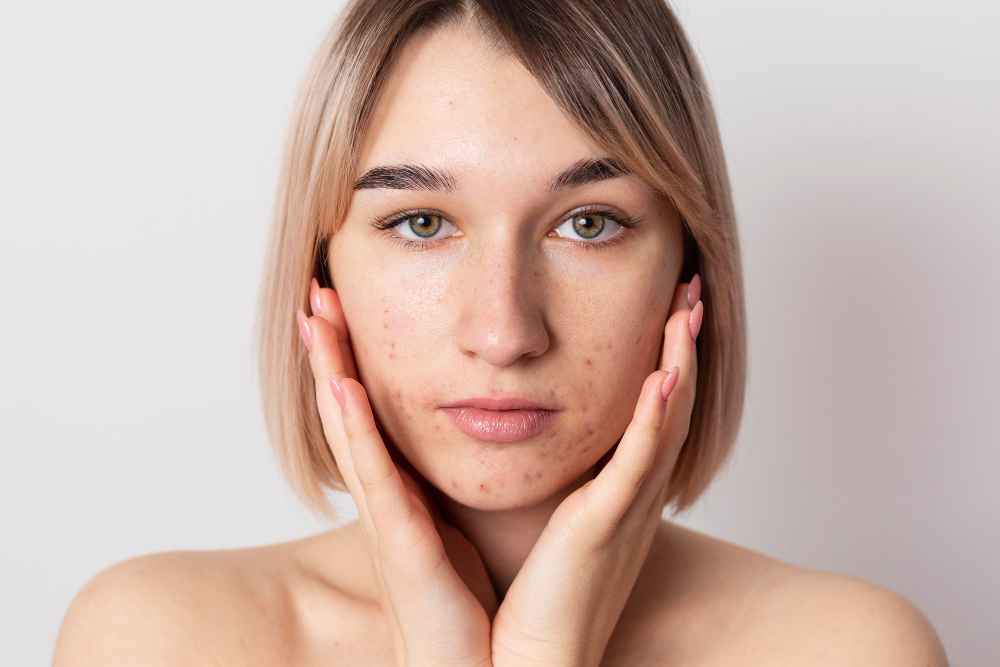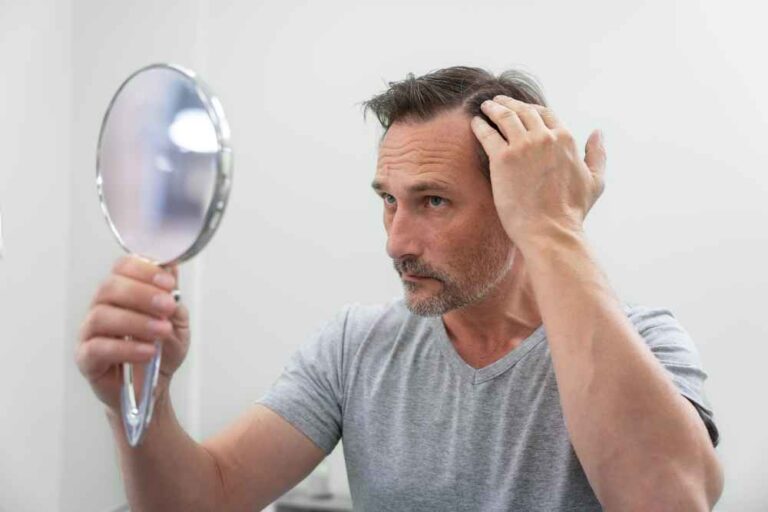
Dark spots on the skin—often called hyperpigmentation—are a common skin concern that affects people of all skin types and ages. While these spots are generally harmless, many choose to treat them for cosmetic reasons. In this article, we’ll explore what causes dark spots, how to treat them effectively, and the best ways to prevent them in the first place.
What Are Dark Spots?
Dark spots are patches of skin that appear darker than the surrounding area due to excess melanin, the pigment responsible for giving skin, hair, and eyes their color. These spots can range from light brown to gray or even bluish-black, depending on skin tone and underlying causes.
Common names for dark spots include:
-
Age spots
-
Sun spots
-
Liver spots
-
Post-inflammatory hyperpigmentation (PIH)
Symptoms of Dark Spots
Dark spots can develop on any part of the body, but they’re most common on areas exposed to the sun, such as:
-
Face (forehead, cheeks, upper lip, and chin)
-
Hands
-
Shoulders
-
Back
The appearance may differ depending on your skin tone, and spots may vary in size. In darker skin tones, the discoloration often fades within 6 to 12 months. However, deeper pigmentation may take years to lighten.
Common Causes of Dark Spots
Dark spots can appear due to a wide variety of triggers. Understanding the root cause is crucial for choosing the right treatment.
1. Sun Damage:
Prolonged exposure to the sun or tanning beds can trigger melanin production, leading to sun spots.
2. Hormonal Changes (Melasma):
More common in women, especially during pregnancy, melasma causes patches of discoloration on the face.
3. Medications:
Certain medications—like NSAIDs, chemotherapy drugs, antimalarials, and anticonvulsants—can cause increased pigmentation.
4. Inflammation:
Conditions like acne, eczema, or psoriasis can lead to post-inflammatory hyperpigmentation.
5. Skin Injury or Healing:
Insect bites, burns, cuts, or even cosmetic procedures can leave behind dark marks after healing.
6. Irritating Skincare Products:
Some hair and skin products may cause irritation and dark patches.
7. Diabetes-Related Conditions:
Diabetes can trigger skin conditions such as acanthosis nigricans, diabetic dermopathy, and others that lead to pigmentation.
8. Skin Cancer:
In rare cases, a new dark spot might be a sign of melanoma. Look out for spots that change size, color, itch, or bleed.
Treatment Options for Dark Spots
Treatments vary depending on the cause and severity. While some options require a dermatologist, others can be managed at home.
Dermatological Treatments:
-
Microdermabrasion: Removes the outer skin layer and promotes collagen production.
-
Chemical Peels: Uses exfoliating acids to promote new skin growth.
-
Cryotherapy: Freezes dark spots with liquid nitrogen to encourage more even skin tone.
-
Prescription Creams: Lightening agents like hydroquinone, retinoids, or corticosteroids can reduce melanin production over time.
Home Remedies:
-
OTC Creams: Look for products containing azelaic acid, retinol, vitamin C, or alpha hydroxy acids (AHAs).
-
Natural Ingredients: Aloe vera, licorice root extract, and curcumin may help, but use cautiously to avoid allergic reactions.
⚠️ Avoid unproven remedies like lemon juice or apple cider vinegar, which can irritate or damage the skin. Also, stay away from products containing mercury.
Prevention Tips
Although not all dark spots are preventable—such as those caused by hormones—many can be avoided or minimized.
-
Use a broad-spectrum sunscreen with SPF 30 or higher daily.
-
Wear protective gear like hats and sunglasses.
-
Avoid sun exposure between 10 a.m. and 2 p.m.
-
Use gentle skincare products to prevent irritation.
-
Address acne and other skin conditions promptly to reduce inflammation.
When to See a Doctor
While dark spots are usually harmless, you should consult a dermatologist if:
-
A spot appears suddenly
-
It itches, bleeds, or changes in size or color
-
You’re unsure about the diagnosis or effectiveness of over-the-counter treatments
Final Thoughts
Dark spots on the skin are a widespread concern and typically not dangerous. While they often fade with time, cosmetic treatments can speed up the process. Whether you prefer professional procedures or natural remedies, it’s essential to understand the cause behind your dark spots and consult with a skincare professional for the safest, most effective approach.







